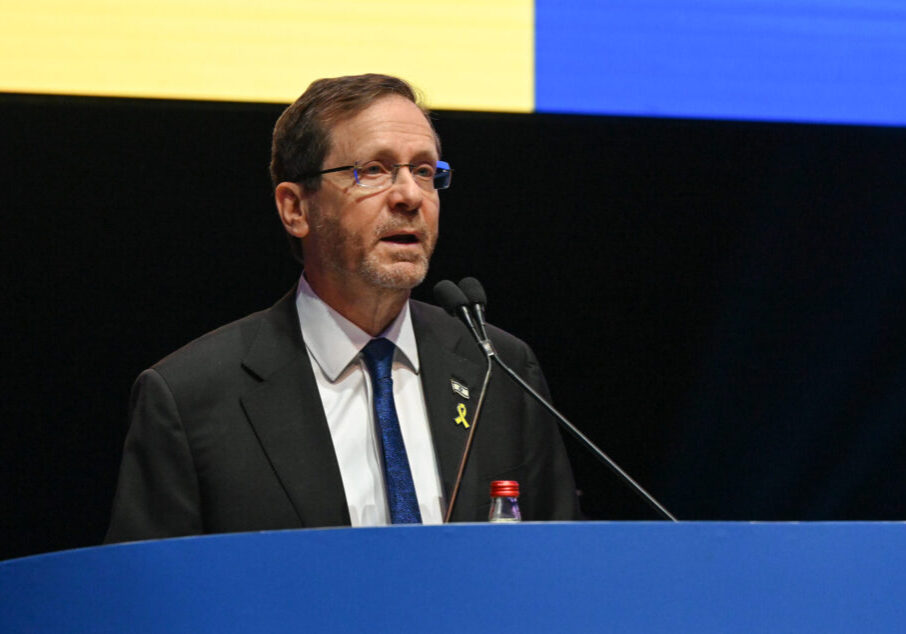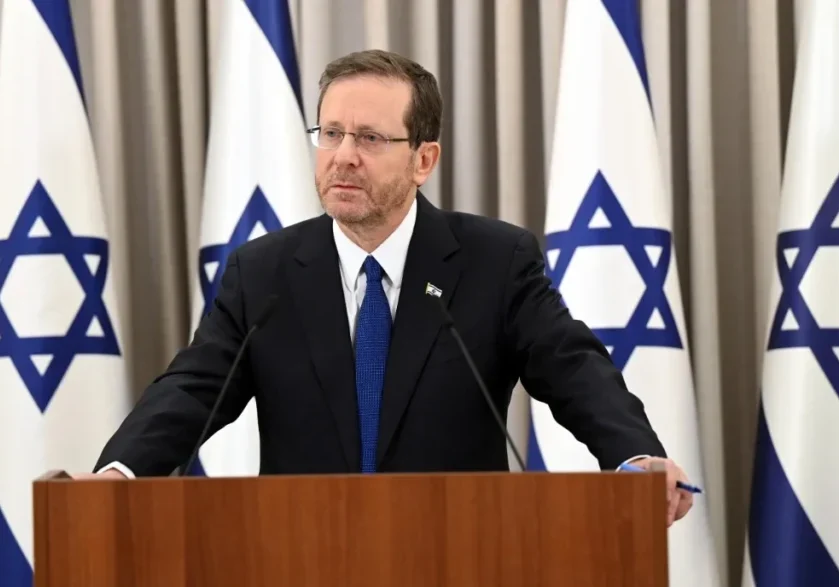Australia/Israel Review
Annapolis’ Dual Track Strategy
Dec 1, 2007 | David Makovsky
By David Makovsky
In recent weeks, the United States had reduced expectations that the Annapolis peace conference would culminate in a diplomatic breakthrough for all parties after almost seven years of terror, violence, and non-engagement. Instead, US Secretary of State Condoleezza Rice sought to revive the moribund 2003 Roadmap, and introduce a new dual-track approach. She wants the parties to implement the first phase of the Roadmap, which deals with modifying the behaviour of both sides, while simultaneously – rather than sequentially according to the 2003 plan – negotiate the third phase, which deals with the final status issues such as Jerusalem, refugees, borders, and security.
Generating Momentum
Rice’s diplomatic mission since the start of the year has been devoted to the third phase, known as a “political horizon”, as a means of defining the end of the conflict. When Rice realised in the last month that the parties could not agree on the conceptual trade-offs necessary to reach any finality, she shifted gears to the dual-track approach.
The main hope for Rice is to generate enough momentum to leverage the one element that has not existed since the start of the peace process in 1991: a belief that the other side is genuine. Although there has never been more scepticism among Israelis and Palestinians about the capacity of their leaders – Ehud Olmert and Mahmoud Abbas – there has never been more optimism between leaders about each other’s genuine motivation to seek peace. This is something that never existed between Yitzhak Rabin and Yasser Arafat.
Constructing a Post-Conference Strategy
Rice needs to devise a strategy to maximise that relationship towards a favourable end. Capacity can be enhanced by outside assistance, but third parties cannot manufacture a sense of mutual trust. Therefore, a sturdy post-Annapolis structure is needed to enhance the leaders’ trust in each other, while also building confidence between Israeli and Palestinian publics.
Rice’s idea of reconfiguring the first phase of the 2003 Roadmap emerged from a critique of the past. Previous negotiations were viewed as too divorced from what was actually happening on the ground, whether it was the Palestinian failure to combat terrorism or the continued Israeli settlement activity in the West Bank. Instead of building confidence between the parties, the Roadmap’s first phase was viewed as an instrument to launch mutual recriminations, not build mutual confidence. Therefore, Rice should confer with Olmert and Abbas and ask them about the challenges of the first phase: if they are overwhelming, implementation will not be realistic; if the commitments are too few, they will not be viewed publicly as credible. Wherever possible, creative solutions should be sought to avoid zero-sum situations. For example, the issue of roadblocks needs to be addressed differently from the past. The focus used to be on reducing the number of roadblocks, but should have been on expediting the movement at those roadblocks. Therefore, Israel should consider ways to place more Israeli soldiers at roadblocks, thereby removing bottlenecks for Palestinians without harming Israeli security.
To monitor the commitments from both sides, the Bush Administration reportedly is planning to appoint a US security official to observe and publicly announce violations – thus making sure any failure would have considerable consequences.
Domestic Implications for Olmert and Abbas
Focus on the first phase of the Roadmap could put pressure on the Olmert coalition. Two Israeli parties – Yisrael Beitenu and Shas – have expressed worries that Olmert would be too conciliatory at Annapolis, and together they can deprive Olmert of his governing majority. After the conference, the two may be concerned that Israel will have to make too many concessions on settlement activity, while less may be expected of Palestinian security forces that are only located in two Palestinian cities. The new focus could also impact Olmert’s relationship with his defence minister, Ehud Barak. Before Olmert became prime minister, the “two Ehuds” had good relations and shared comparable pragmatic views. Their relationship, however, has changed recently. Since both are vying to lead the centre of Israeli politics, and since Olmert’s popularity has gone up sharply to around 40 percent largely in the wake of Israel’s recent strike on Syria, there is speculation that Barak may leave the Olmert Government to position himself for the next election.
For the Palestinians, an international effort to boost Abbas and Prime Minister Salam Fayyad is currently underway. Quartet special envoy Tony Blair announced several economic projects this month, while an international donor conference will follow in December. Crucial support, however, is still missing from the Arab Gulf states, which have provided scant economic support to the Palestinians despite the dramatic increase in oil revenues since 2003. Such support would be key in helping Abbas and Fayyad maintain their momentum.
The Annapolis launch of a “Roadmap Plus” strategy is likely to put domestic pressure on both Israelis and Palestinians as each side undertakes more obligations. As the parties take on this greater burden, Arab states need to reinforce the progress. For example, when Israel negotiates on core issues, the Arab states must also negotiate with Israel over normalisation of relations, as suggested by the third phase of the Roadmap. Also, Arab economic assistance to the Palestinians could buffer Abbas and Fayyad against any Hamas countermeasures. “Roadmap Plus” obligations should not fall just on Israel; after Annapolis, Arab states could be crucial in protecting both parties from potential backlash.
![]()
David Makovsky is a senior fellow and Director of the Project on the Middle East Peace Process at The Washington Institute. © Washington Institute for Near East Policy, reprinted by permission, all rights reserved.
Tags: Israel






